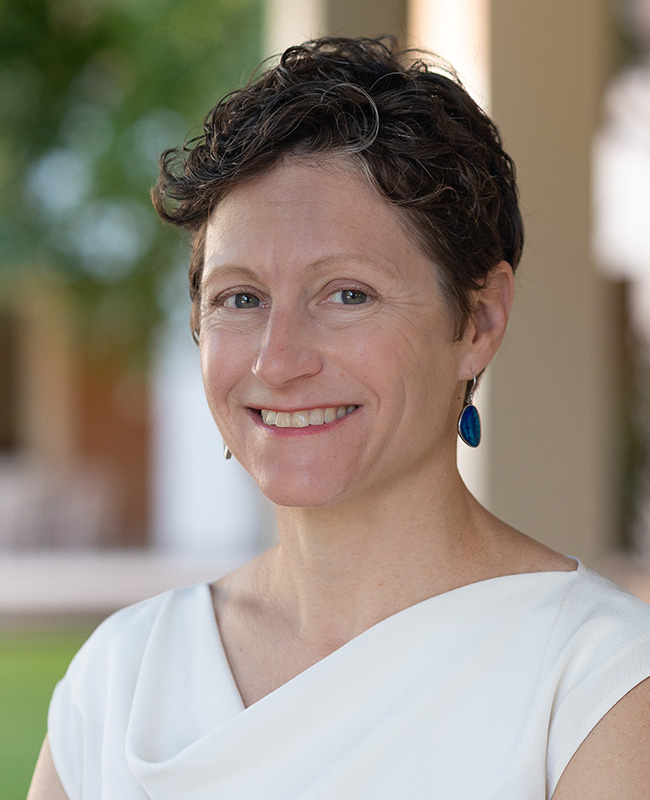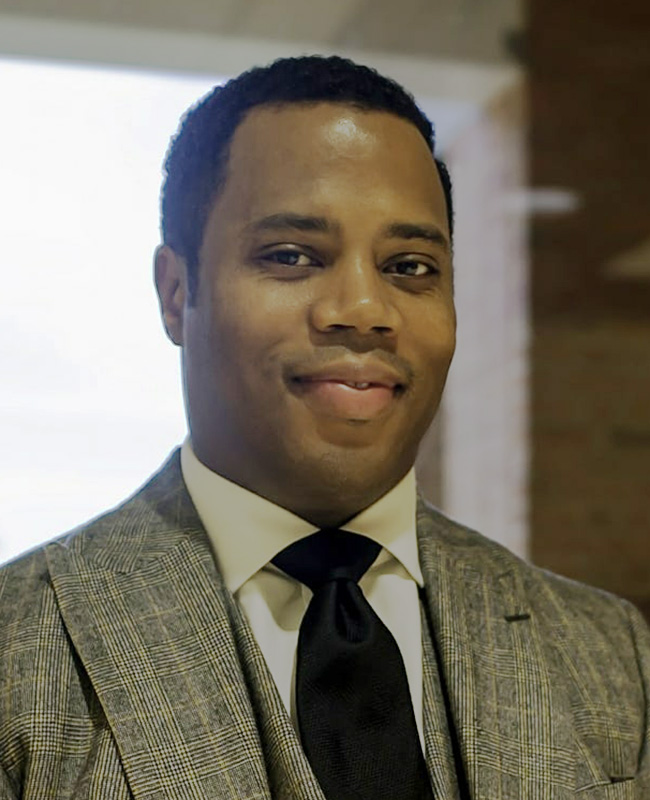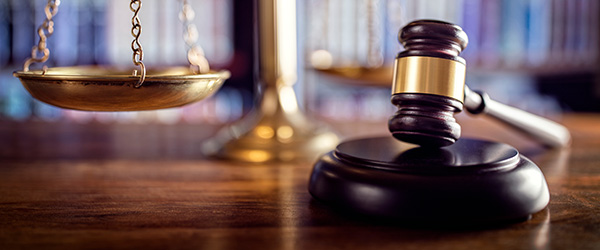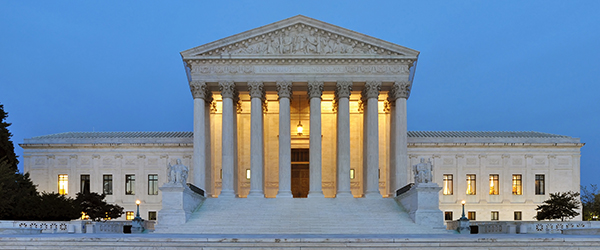A law clerk is a member of a judge’s personal staff. Law clerks serve judges at every level of the judiciary. Among other things, law clerks assist judges in managing the docket, drafting orders, opinions, and bench memoranda, as well as preparing for upcoming hearings, oral arguments, and trials. As such, law clerks play a crucial role in our judicial system. Judges typically hire clerks for one or two-year terms, but some have permanent clerks on staff. You may find more detailed information regarding judicial clerkships on Wake Forest’s clerkship website.
All law clerks must be effective legal analysts, writers, editors, researchers, and communicators. They must be able to manage feedback, time, and stress graciously and effectively. They must also exemplify trustworthiness, ethics, integrity, teamwork, reliability, and professionalism.
Clerkships provide useful experience for those interested in dispute resolution, as well as civil litigation, criminal litigation, and appellate advocacy. Many of the faculty listed below have clerked and can provide insight on these positions.
Courses
Courses designated as "primary" are foundational, while those listed as "secondary" contain relevant and related content. "Co-curricular" courses are credit-bearing extra-curricular activities, while "experiential" courses are practice-based offerings. Please keep in mind that the focus of any course will vary depending on the instructor.
Primary Courses
Secondary Courses
Experiential Courses
Faculty
The following faculty are knowledgeable about the topic and may be a useful resource for you.

Associate Professor of Law

Professor of Law

Judge Donald L. Smith Professor of Law

Professor of Law

Professor of Legal Writing

Professor of Legal Writing

Dean

Henry C. Lauerman Professor of International Law

Associate Professor of Legal Writing

Professor of Law

Professor of Law

Professor of Law

Clinical Professor of Law

Associate Professor of Law

Professor of Law

Clinical Professor of Law
Related Pathways

Dispute Resolution

Civil Litigation

Criminal Litigation
